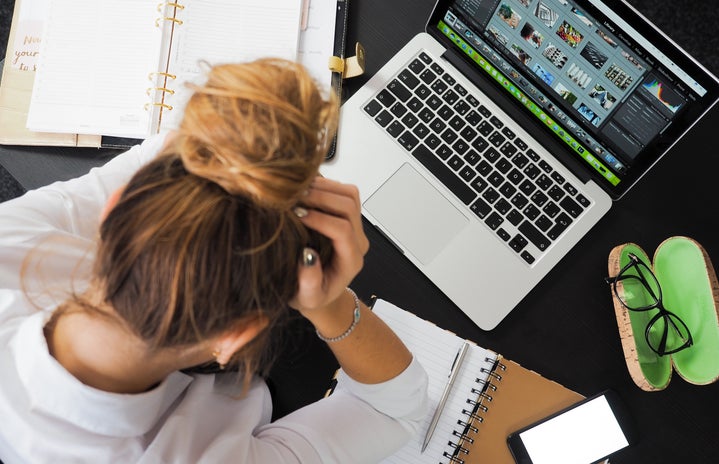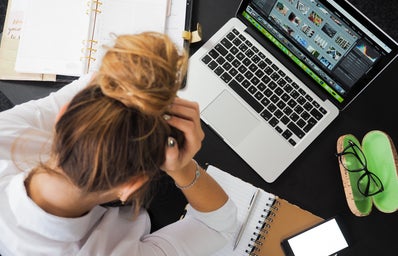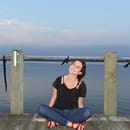We’ve reached that point of the semester. As you’re reading this, you’re likely thinking about the million big assignments and tests you have to study for, what meeting you have to go next, and when you’re going to fit in time to exercise today. And in all that free time you have, you want to hang out with your friends, do things just for fun, and be in college. If you’re anything like me, you’ve hit a wall. “How can I do it all?” you might be asking yourself. This is the typical time of year in a high achieving environment like Furman to become completely overwhelmed by all the obligations on your plate. And COVID restrictions on our common social outlets leave us with few options for relieving all of that built up stress. So what do we do? How can we avoid reaching that point of total exhaustion and burnout where we’ll find ourselves suddenly unable to do any of it? In their new book, Burnout: The Secret to Unlocking the Stress Cycle, sisters Amelia and Emily Nagoski might be able to offer us some answers to these questions.
Amelia and Emily Nagoski have lifetime experiences with stress and stress-related illness throughout their careers and personal lives. According to the American Institute of Stress (AIS), they discuss in their book how “like all biological processes, the stress response cycle has a beginning, middle, and end. Or rather, it should have an end, but unfortunately, all too often we don’t manage to complete this biological cycle.” They suggest that if we could follow common stressors in our day – getting a bad grade on a test, having a disagreement with a friend, or becoming overwhelmed with your unending to do list, for instance – with a state of rest, we might be able to complete the stress response cycle. If we fail to complete the cycle, that feeling of stress stores itself in our bodies and accumulates over time, metastasizing almost like a tumor. When this stored stress becomes too much for our body to handle, we reach a state of burnout. By that point, it might be too late to mitigate the effects our stress is causing. As they describe per the AIS, “in modern life, many of us ping-pong from stressor to stressor and are unable to find the release and the rest that we need. These repeated incomplete loops of stress build-up, making it hard to sleep and compromising our ability to manage the next event that might be a trigger. Our wellbeing and health suffer.” The question then becomes: what can we do to ensure that we complete the stress response cycle and don’t reach a state of burnout?
One answer to avoiding burnout may be building a state of unactivity into our days. In her book, “Standing at the Edge: Finding Freedom Where Fear and Courage Meet,” Joan Halifax outlines how “we live in a culture that celebrates activity. We collapse our sense of who we are into what we do for a living. The public performance of busyness is how we demonstrate to one another that we are important. The more people see us as tired, exhausted, over-stretched, the more they think we must be somehow indispensable. That we matter.” As Halifax eloquently describes, we are constantly going going going. This is a concept that we are very familiar with at Furman – onto the next project, the next meeting, the next social event. Rarely do we take time to just be. To sit with ourselves and reset. Likely, this is what we need more than anything – unactivity. Consider, in the coming weeks, as your end of semester papers and assignments build on top of social and extracurricular obligations, the benefit of taking time in your day for unactivity and completing your stress response cycle when it occurs. And maybe, those two small actions, can keep you from reaching the point of burnout that no one ever wants to reach. Maybe, by doing less, you will really be able to do more.


